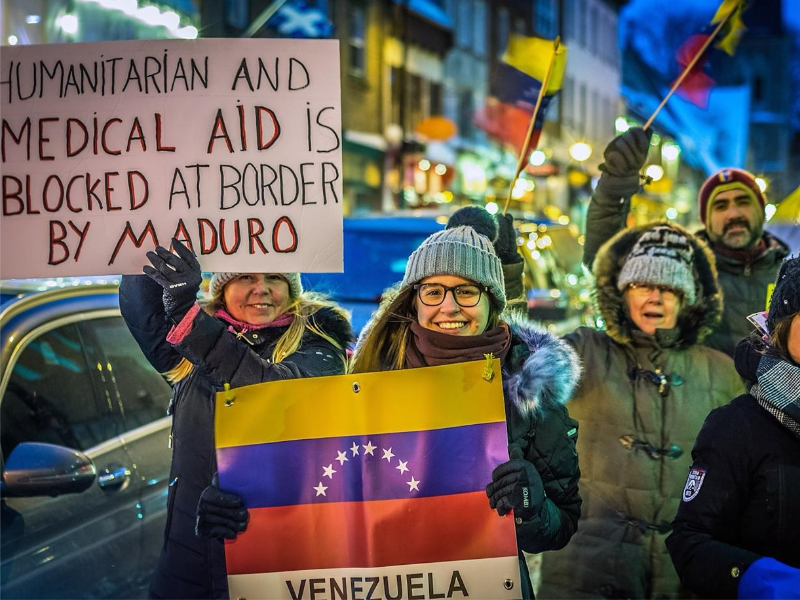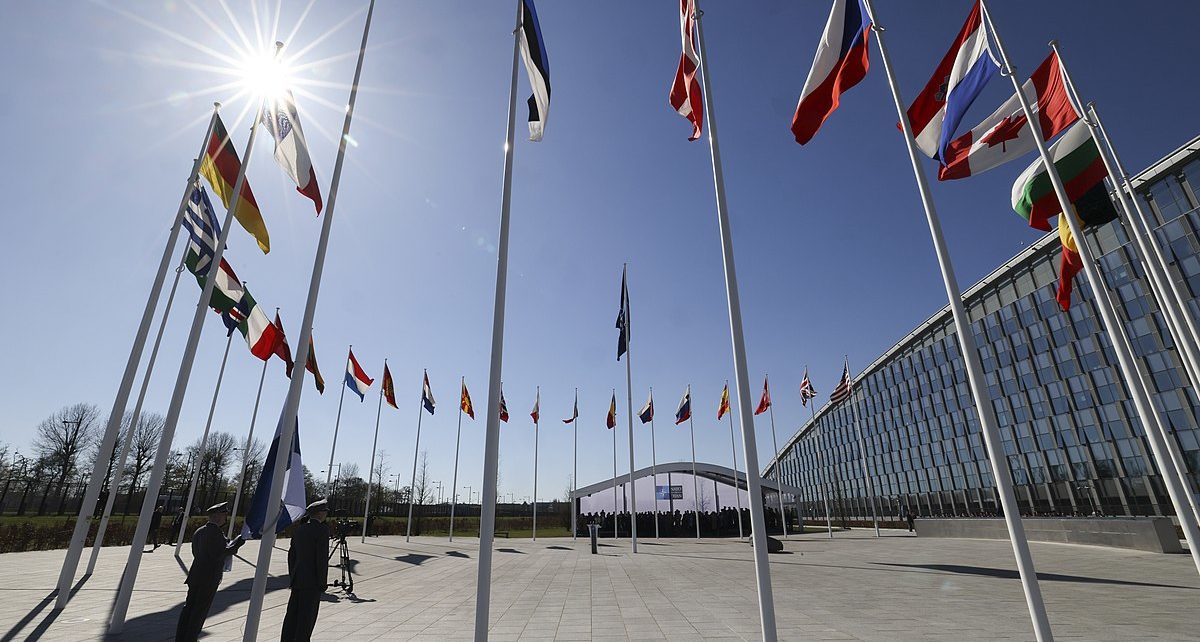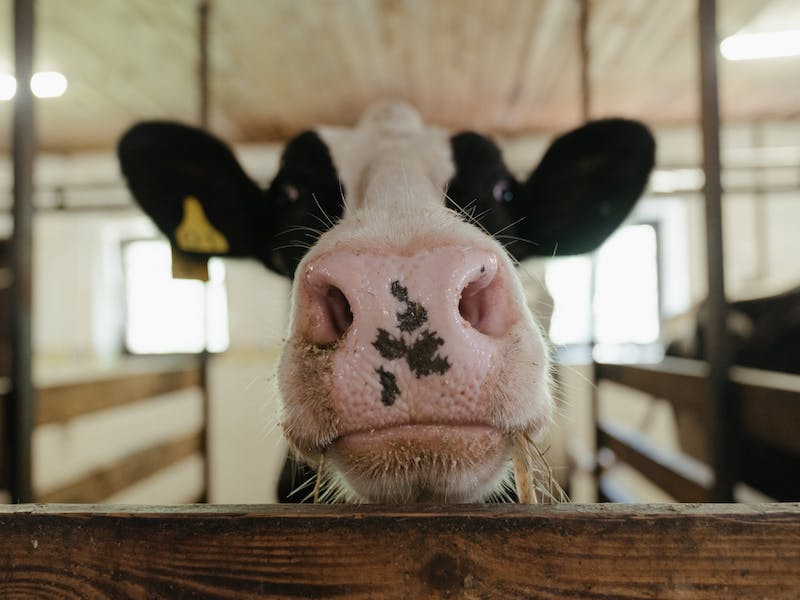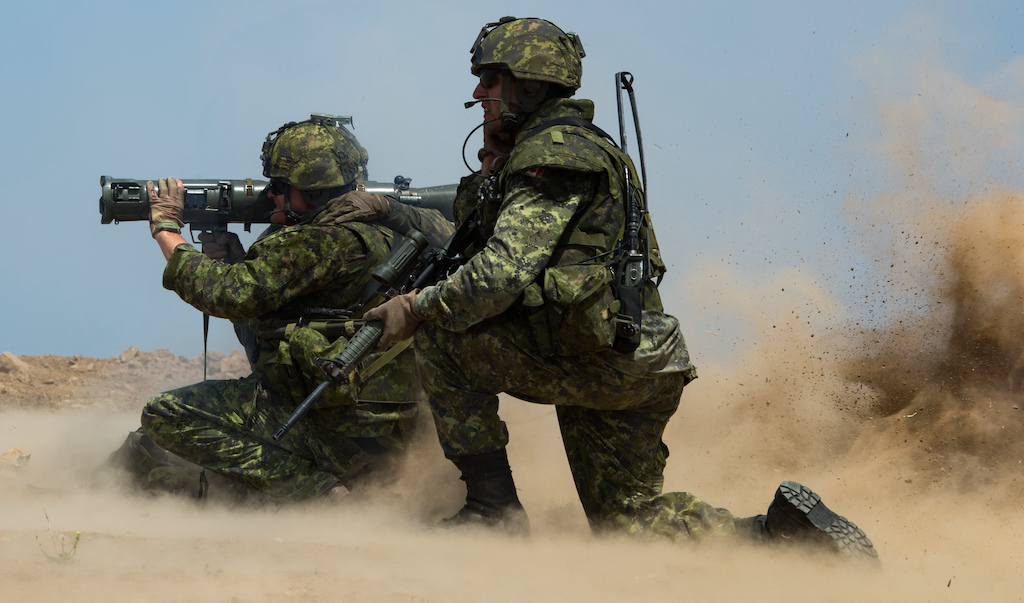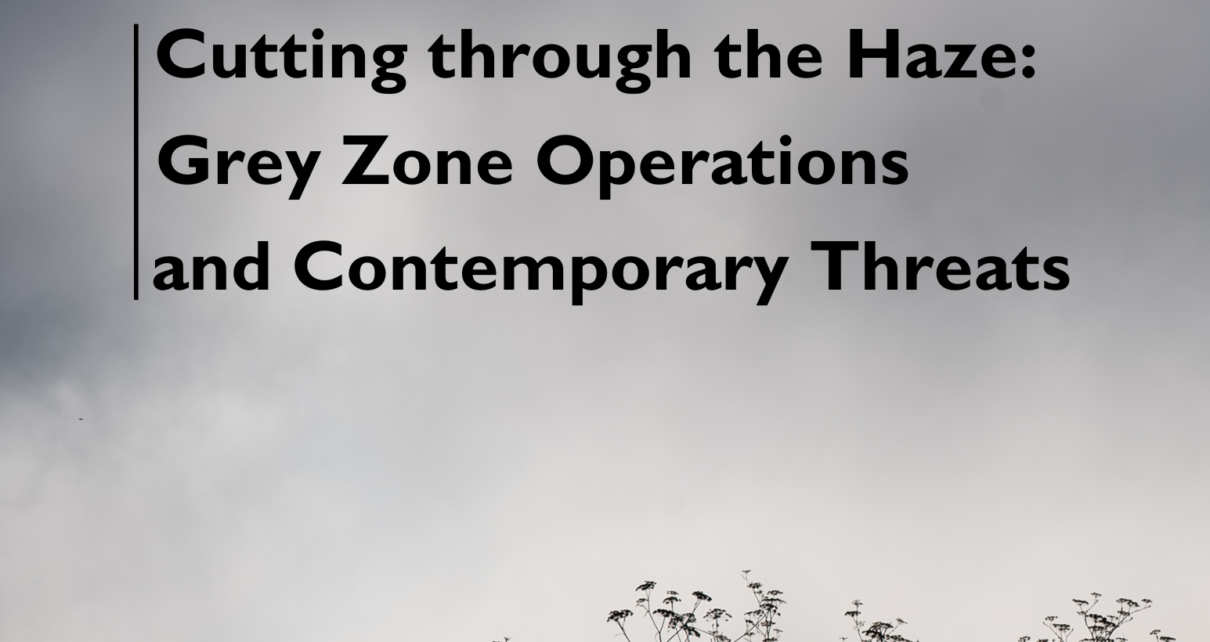Many Venezuelans are eagerly hoping the election July 8, 2024 can be used to restart the rule of law and democratic norms in their country. Why should Canada actively support this process? Under socialist President Nicolas Maduro, during the 2010s, Venezuela became known internationally as the most left-wing country in Latin America, with the exception Read More…
Tag: Canada
The Polycrisis: Behind the Buzzword
Last year, a new buzzword gained significant traction across the international community. Referred to as the “polycrisis,” this key term started circulating across media publications and research institutes before finding its way to the Swiss Alps, where it took center stage. At the 53rd World Economic Forum Annual Meeting held in Davos—a flagship conference dedicated Read More…
NATO Historical Series – Winning the Cold War
As NATO’s seventy-fifth anniversary approaches, the alliance finds itself confronted by Russian revanchism and invasions in Eastern Europe, growing anti-Western alliances in Asia, and tenuous and uncertain political trends in many member nations. Yet to NATO, this is familiar territory – much of the same dynamics are occurring now as during the Cold War (1947-91), Read More…
Mad Cow Disease – A Threat to Global Health and Food Security
Canada’s food crisis has been ongoing, with around 5.8 million Canadians experiencing some extent of food insecurity in 2021 alone. However, with the potential re-emergence of mad cow disease, this food insecurity could take another drastic turn. It was thought that we had seen the last of mad cow disease after the epidemic in the Read More…
Radical Right Politics in Europe: Poland
In this article, Alexander Lapsker examines right-wing politics in Poland. He focuses on the nationalist conservative Law and Justice Party (PiS), examining its social and political impacts on the country and its broader implications for the West.
The Next Pandemic: Is Canada Ready?
In this article, Alexander Lapsker examines the impacts of COVID-19 and explores the strategies and measures that Canada can undertake to enhance resilience and effectively tackle future pandemics.
Cyber Threats to Critical Infrastructure (CI)
In this article, Alexander Lapsker assesses the threats posed by cyber-attacks on critical infrastructure (CI) and examines the measures adopted by Canada to fortify its CI against cyber threat actors.
How the Canadian Armed Forces Have Responded to Particulate Matter
How have the Canadian Armed Forces (CAF) approached the challenge of particulate matter (PM) and other airborne pollutants? This article assesses some of the CAF’s monitoring and mitigation efforts in the context of a warming planet.
Summer 2023 NATO Association of Canada-Canadian Army Journal Co-Publication Released
The NATO Association of Canada is pleased to announce the publication of its summer 2023 publication, Cutting through the Haze: Grey Zone Operations and Contemporary Threats. Produced in collaboration with the Canadian Army Journal (CAJ), the volume explores grey zone operations and other dimensions of today’s threat landscape. The grey zone, which the volume describes Read More…
Should Canada Keep Training African Soldiers?
Introduction NATO and the African Union (AU) have had a cooperative relationship since 2005. The collaboration began with logistical and airlift support for the African Union Mission in Sudan and has since grown to include training assistance, structural assistance, and liaison and coordination activities in other African countries. However, the humanitarian consequences of such operations, Read More…

